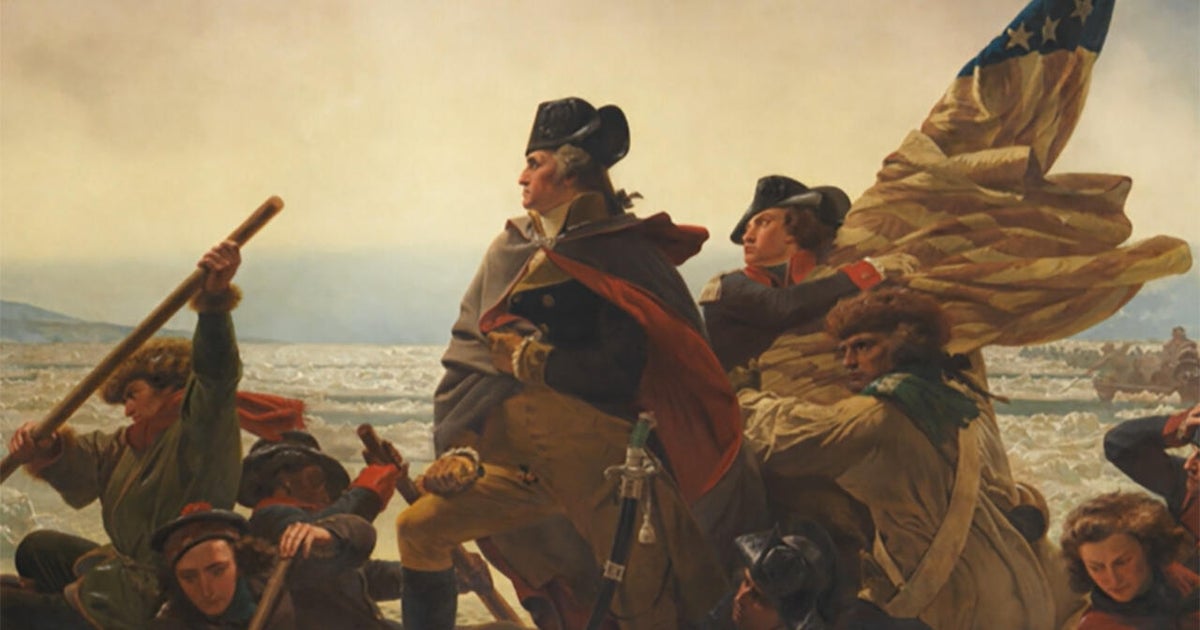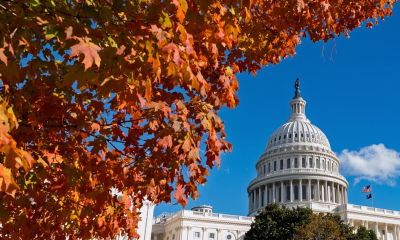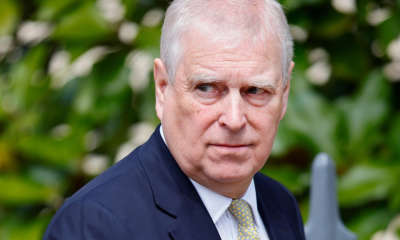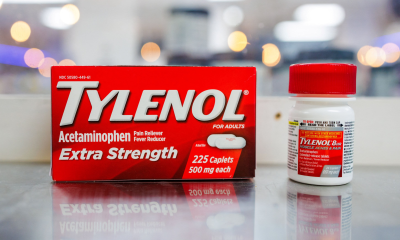-
-
by
News PRO
To dispel the idea that the American Revolution refers only to a war, we’re going to start our look at Ken Burns’ latest epic, “The American Revolution,” at the end, after the war is won.In a 1787 address, founding father Benjamin Rush said, “The American war is over: but this is far from being the case with the American Revolution. On the contrary, nothing but the first act of the great drama is closed. It remains yet to establish and perfect our new forms of government.””It’s all up to us to take whatever has been done and try to make what we can of it,” said Burns. “I mean, let’s just back up. This is, I think, the most important event since the birth of Christ, the creation of the United States of America, with all of the violence, with all of the sturm and the drang of it, all of the extraordinary people, not just the familiar bold-face names, but the bottom-up people who did the fighting and dying.”It’s kind of a sun, you know, it has a kind of energy to it,” he said. “And that’s why I get so animated about the revolution, because you just realize, that was it, the kind of moment of creation.”If the 72-year-old Burns sometimes gets a little animated himself, it’s because he’s devoted his career to animating – breathing life into our shared past, in such documentaries as “The Civil War,” “Baseball,” and “Jazz.” By now, the cinematic trappings of a Burns film are familiar. But within even the most well-worn story, he always uncovers the unexpected. In his editing room, there is a sign reminding us: “It’s complicated.”I asked, “Is that why history is important to study? It’s not to learn happy stories about the past, but to sit with complexity?””That’s the whole story,” Burns replied. “Harry Truman said, ‘The only thing that’s really new is the history you don’t know,’ which, I just love it. David McCullough told that to me, and I just think it’s really important. And he also said that doing good history means that you think that it might not turn out the way you know it did.”Consider the film’s portrayal of George Washington. Historian Annette Gordon-Reed, who has written of the founders and their flaws and failings, says of Washington that we would not have had a country without him. “He’s a slave owner in a country that is now proclaiming universal rights and liberties,” said Burns. “And he recognizes that in order for this to be a successful venture, people in Georgia and people in Massachusetts are going to have to go, ‘Yes, we share some things in common,’ which they had never shared before. They were foreign countries. [Washington] seemed to be able to articulate, not just in words, but I would say in deeds and manner and atmosphere, how we were going to coalesce.” Holding our past up to the unforgiving light of the present takes years, and an army of filmmakers, based largely in bucolic Walpole, New Hampshire. Sarah Botstein has worked with Burns for almost 30 years. She, along with David Schmidt and Burns, co-directed “The American Revolution.” “We decided to make it in 2015, so it’s almost a decade since we decided to do it,” she said. “And for the better part of five or six years, this is really all I thought about.”I asked, “What is it like to carry the revolution in your head for that long?””It’s an enormous responsibility, and an enormous privilege,” Botstein said. Although the aesthetics of the film are thoroughly 18th century, the concerns of the 21st are never far from mind. The political and cultural tumult of the decade during which the film was made provide the context in which we, the viewers, will watch.I asked Burns, “Is America in crisis?””Oh, I think it’s almost perpetuating crisis,” he replied. “We’ve been always disagreeing, and our revolution is the thing. I mean, this is the Civil War. In our film, not intentionally, but once we finish you go, ‘Oh, wow, there’s this admonition: don’t fall out, keep the union together.’ Maybe that has some inspirational possibilities in our own difficult times.”As with all of Burns’ films, we desperately want to know: Can the stories of our past guide us through a future that has rarely felt so uncertain to so many?Burns said, “The second sentence of the Declaration is the most important sentence, second most important sentence in the English language after ‘I love you.’ I mean, there’s nothing better than that sentence, and it says: ‘We hold these truths to be self-evident.’ There is nothing self-evident about these truths! They’ve never been introduced in this way, quite this way before, that all men are created equal. “And so, think about where we are right now and all the divisions that we have, how incredibly helpful coming back to this origin story could be.”I mean, this is the kind of stuff that we look for, and that by finding our original narrative, reclaiming our original narrative, you have a chance to begin to heal those things, or at least remind people, ‘Oh yeah, I’m supposed to be listening to what the other person said. The other person who disagrees with me is not the enemy.'”To watch a trailer for “The American Revolution,” click on the video player below. For more info:”The American Revolution” premieres on PBS Nov. 16kenburns.com Story produced by Ed Forgotson. Editor: Remington Korper.
Share this:
- Click to share on Facebook (Opens in new window) Facebook
- Click to share on X (Opens in new window) X
- Click to share on Reddit (Opens in new window) Reddit
- Click to share on LinkedIn (Opens in new window) LinkedIn
- Click to share on Pinterest (Opens in new window) Pinterest
- Click to share on Tumblr (Opens in new window) Tumblr
Related
OUTLAW CHEMICAL FREE SOAPS AND NATURAL BODY PRODUCTS!

PPR MERCH HERE NOW! CLICK THE AD TO SHOP!!!


New Orleans Pelicans News
Pelicans Annihilate Melbourne Phoenix 127-92 | PPR Final Recap

New Orleans Pelicans News
Pelicans Make a Statement in Australia | What Comes Next?

New Orleans Saints News
Saints Monday After: Defense Dominates Like the Dome Patrol

New Orleans Saints News
Victory at Last! Saints Beat Giants 26-14











